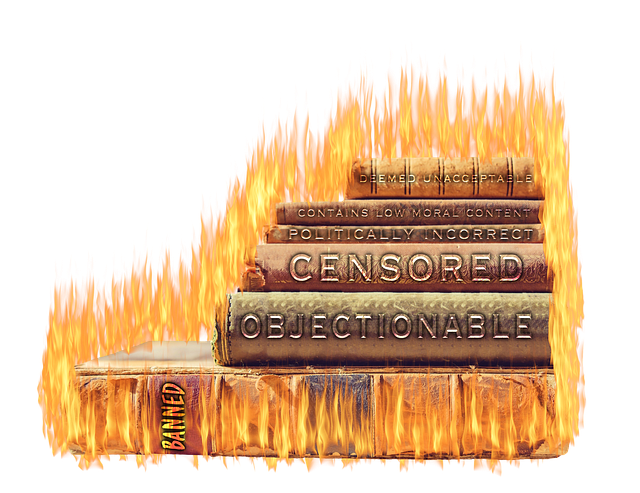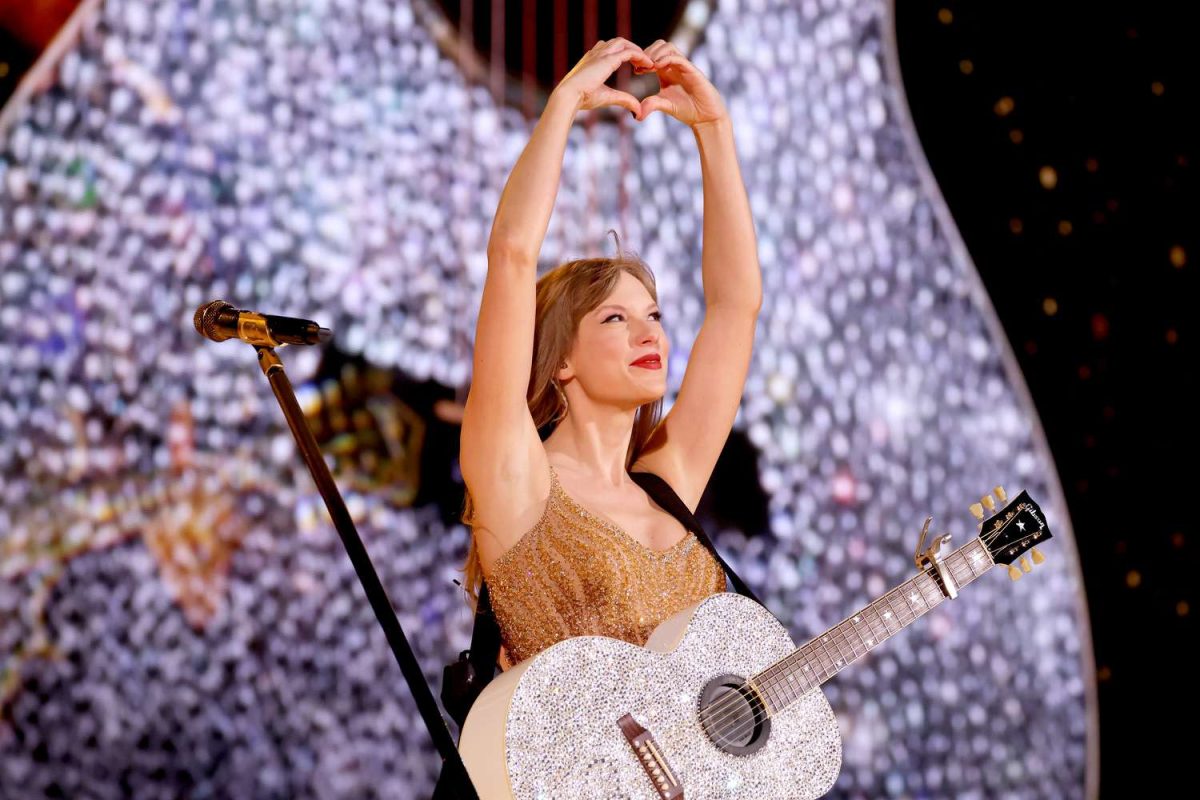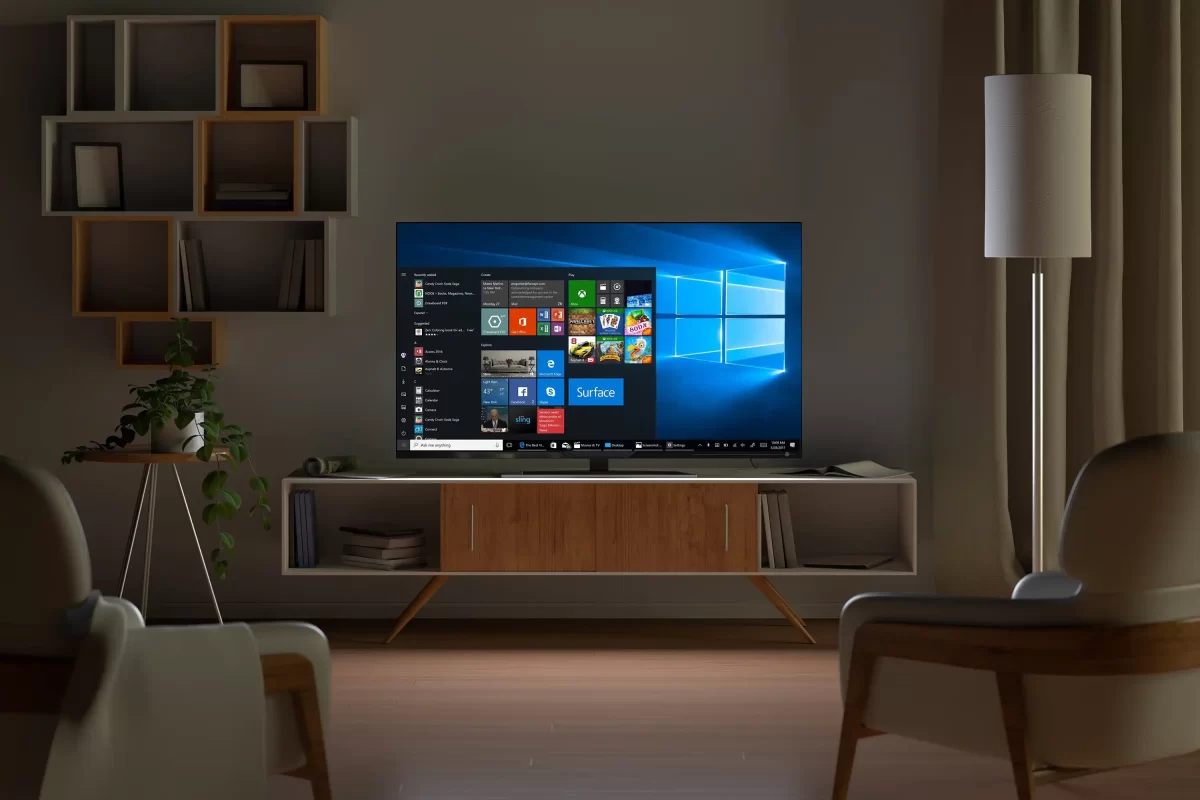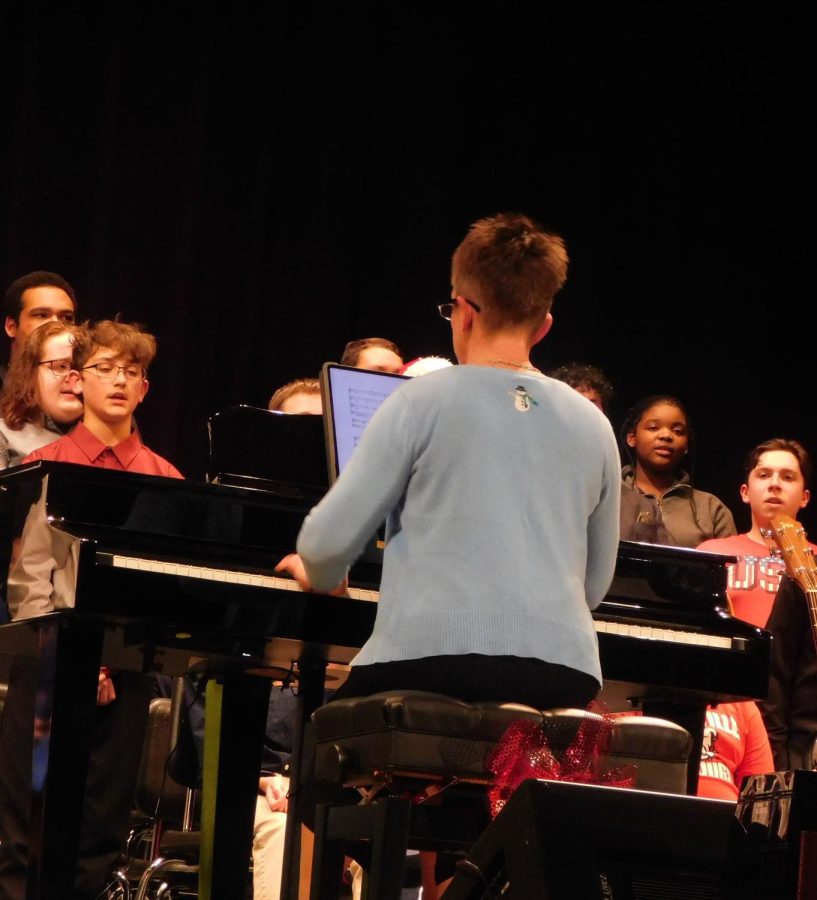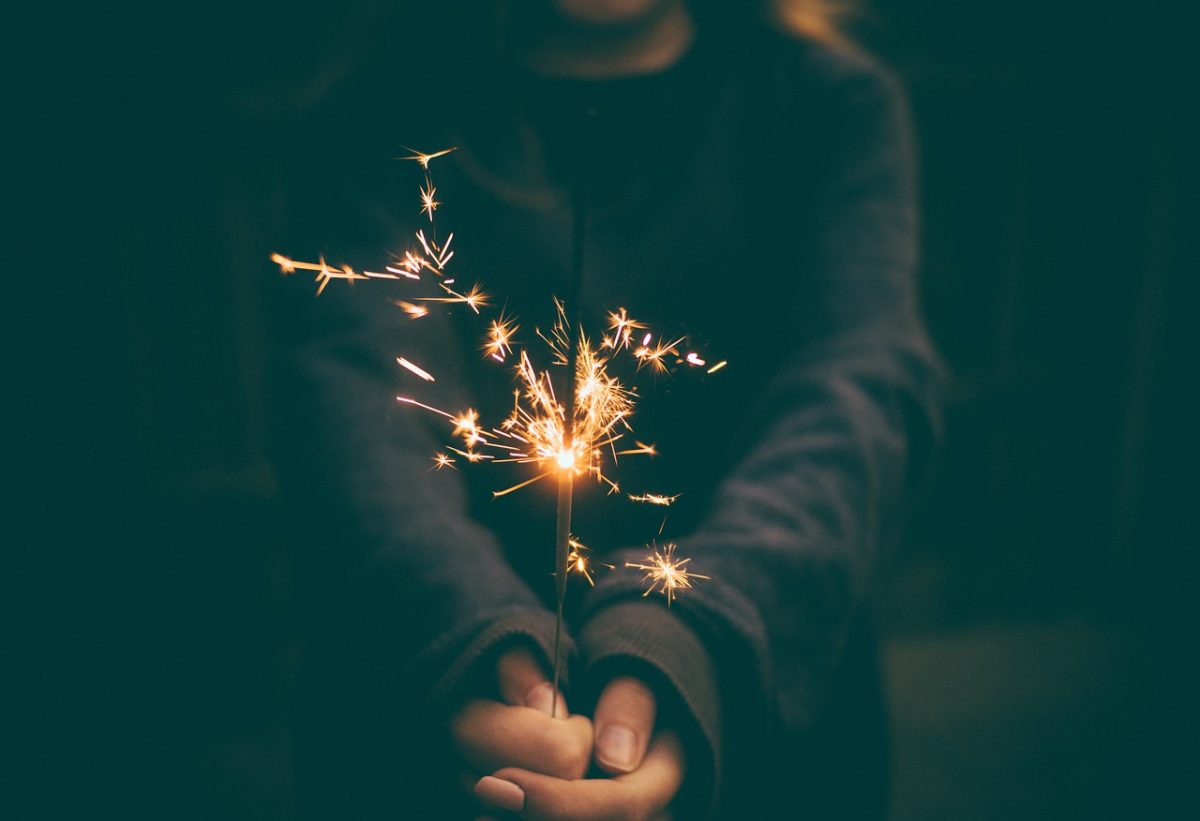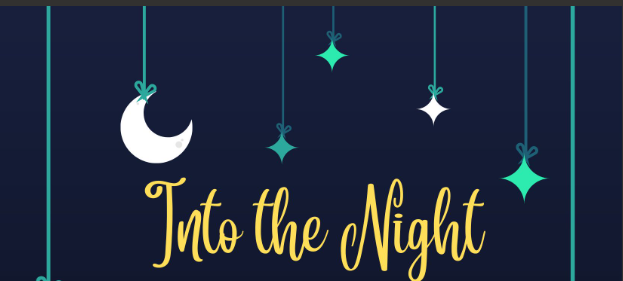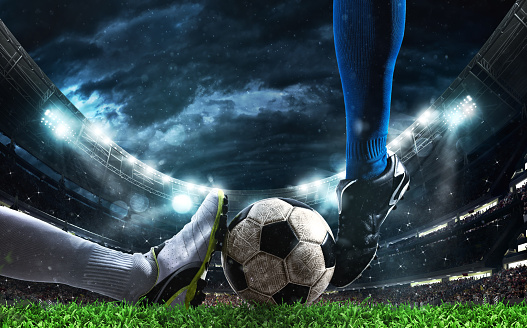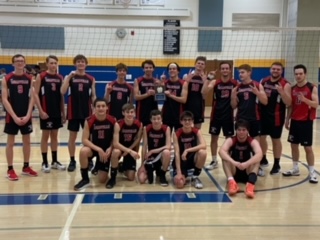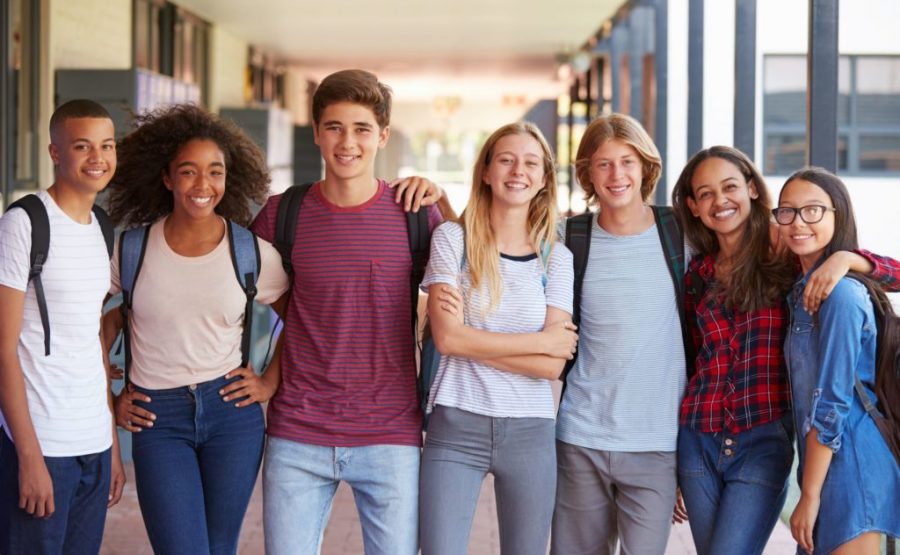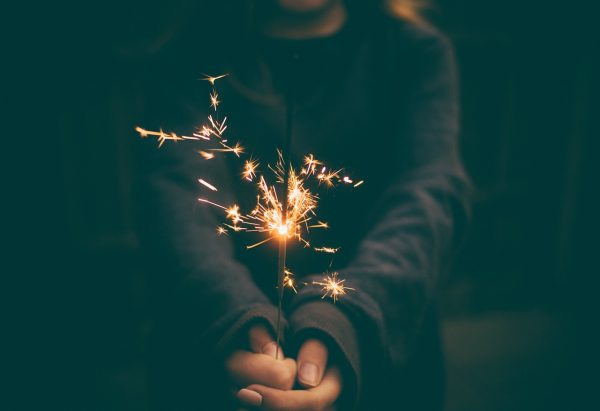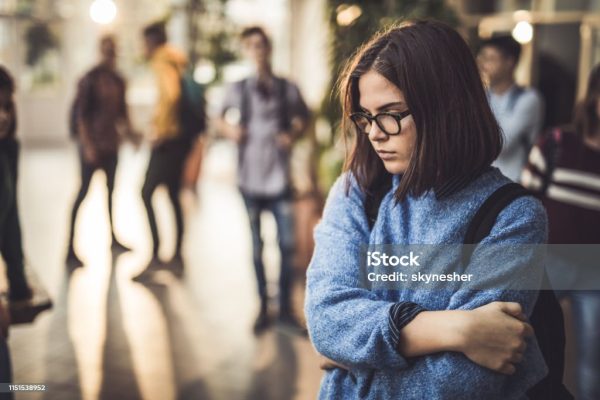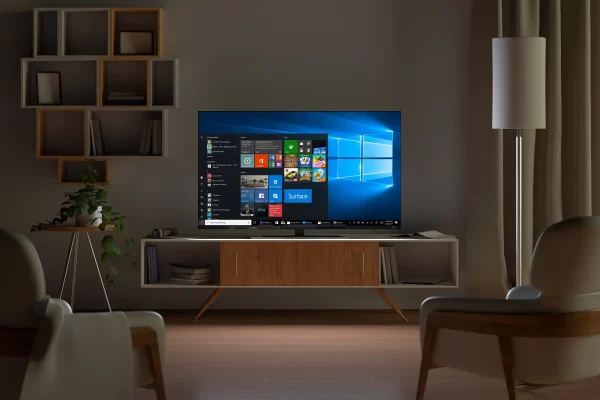Take the “in” Out of Racial Injustice
September 27, 2021
The constant use of racial slurs has gotten worse over the years, affecting the environment around us. I believe that racial slurs are offensive and disrespectful, especially since no one deserves to be treated unfairly. No matter your judgment, you never know what someone may be going through or what they may be struggling with. For instance, according to the Education Development Center, “Stress as a result of racism can also lead to behaviors that may cause further risk to physical health. For example, research Trusted Source has found that discrimination is linked to higher rates of smoking, alcohol use, drug use, and unhealthful eating habits” (Joanne Lewsley). These acts as listed, cause future health issues such as; sleep, heart disease, high blood pressure, depression, etc. Sleep is an important part of an individual’s health and can be affected through the use of racial bias, according to the Education Development Center, “Another study found that unfair treatment of people of color has a significant consequential effect on sleep and physiological functioning in midlife.” Evidently, sleep is crucial when it comes to your health, especially since it’s our body’s way of regenerating, just like a phone battery, once it’s low, we charge it.
Working towards making our environment a safe place for all will be difficult, but if the majority of our school pitches in, we can make a huge difference. Students are ranked based on classes, social status, and behavior, but Forbes states that “When we put students in classes based on their perceived potential, we engrain racial biases”. Personally, I have seen teachers single out students due to the color of their skin, leaving me to think how I would feel if I had experienced this. Oddly enough Forbes states, “Today, teachers are 80% white, but schools are composed of majority students of color. We need to make sure that every black student has an image of black excellence they can look up to, whether in the classroom, in the community, or on the job. And, of course, representation isn’t the end game—white teachers can serve black students, and Black teachers can reflect biases.” Bias, meaning prejudice in favor or against one person, thing, or group of people, and comparing it to another is a serious issue, especially when negative personal opinions are introduced into a conversation. It’s important for people to inform and educate, and understand the definition of white privilege, which is an unfair advantage that white people possess while non-white people don’t. For example, a white couple may go in and adopt a child without judgment and stress of not being accepted, whereas a minority couple may have to worry about judgment not just because of their character, but the color of their skin as well. To further clarify, white couples can face struggles when adopting as well, but usually don’t have to experience the same racial discrimination as couples of color. Everyone has learned about slavery and segregation in their history class, but Forbes claims, “schools should also remember that Black history isn’t just about struggle; Black communities gave the world transformative art, music, medicine, technology, journalism, books and civil rights protections. The classroom should acknowledge the Black struggle but celebrate Black people’s role in building every facet of our society.” It’s a touchy subject, but I was glad to have received various opinions from fellow students.
Do derogatory terms towards race bother you? How does it make you feel? Example: N-word slur, Jewish slurs, etc.
- Taylin Miller: “Well, I’m part black so I get a little offended”.
- “I don’t feel very good about it”.
- Derek Geer: “Honestly yes, especially if it’s another white male or female saying it towards someone or just saying it in general. This makes me feel disappointed in people and the way things are today, no matter what race or culture you are”.
- Ricco Bynum: “Not really only it depends on how they’re used”.
How many times a day on average do you hear racial slurs?
- Lily Groover: “Probably like 5 times a day at school”.
- Anna Bish: “4-5 times”.
Do you have any ideas How can we decrease the use of these terms in our school? What can we do about it?
- Lexi Mitchell (Former MASH Graduate): “EDUCATE !! Always educate the people who don’t understand and think it’s “just a word” and also have harsher punishments because I know of a few people who have said the n-word and not gotten in trouble even though it’s not only a slur but a curse word.”
- Lily Groover: “Encourage other people to like have self-respect, cuz if you respect yourself then you’re less likely to be disrespectful to other people. Because when you use those words, it shows how you like feel about yourself and it reflects on how you treat other people.”
Have you ever felt unsafe when exposed to these hurtful words?
- Taylin Miller: “Yes.”
- Derek Geer: “Honestly I don’t get offended it just bothers me hearing slurs or anything come from someone who shouldn’t say them and shouldn’t be saying them at all no matter what the situation is, but I’m sure there are people around who may get hurt or offended.”
Do you believe in the N-word pass? (If yes or no, why?)
- Taylin Miller: “No. There still is racial something behind it. It’s still racist either way. So giving someone a pass to be racist just sounds dumb.”
How do you feel overall about racial inequality?
- Derek Geer: “I wish it would change, it’s been around for a long time, and I feel as if everyone is equal no matter what their race or culture you come from and everyone should be accepted.”
- Anna Bish: “I think we’re still struggling with racial inequality but I do think it has gotten better now that people are stepping up and using their voices more.:
- Lily Groover: “Racial inequality is not a good thing, I think everyone should just realize that we’re all human, we all bleed the same, we’re all made the same. Everyone comes in different shapes and sizes and different colors, but everyone should be treated equally.”
- Taylin Miller: “It sucks. I feel like everybody needs to further educate themselves and just worry about themselves.”
Are students of all diversity treated fairly? Yes or no?
- Ricco Bynum: “No I think we are all treated differently.”
- Anna Bish: “Not really; I mean everyone gets treated differently by certain people no matter what some people may be treated well while others are treated poorly, but no matter what it shouldn’t matter because we’re all the same and I think everyone deserves to be treated equally because all we have at the end of the day are each other.”
- Lily Groover: “No, oh my gosh no.”
Citations
“3 Ways Schools Can Support Racial Equity.” EDC, Education Development Center, 2 Sept. 2020, https://www.edc.org/3-ways-schools-can-support-racial-equity.
Lockett, Phyllis. “Nine Ways We Can Address Racial Injustice In Our Schools, Today.” Forbes, 18 Sept. 2020, https://www.forbes.com/sites/phyllislockett/2020/09/18/nine-ways-we-can-address-racial-injustice-in-our-schools-today/.



